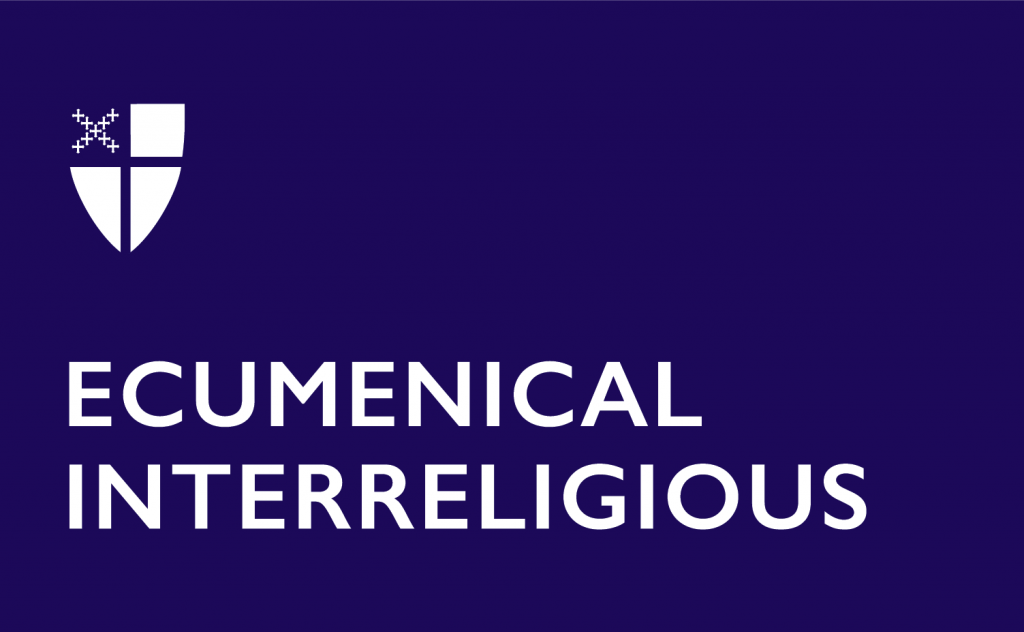The Presbyterian-Episcopal Bilateral Dialogue Meets for Winter 2022 Session
The bilateral dialogue between the Presbyterian Church (U.S.A.) and the Episcopal Church met via Zoom February 21-22, 2022. The participants of the dialogue table were:
From the Presbyterian Church (U.S.A.): Ruling Elder Dr. Anne Bond (co-chair), the Rev. Dr. Neal D. Presa (co-vice chair), the Rev. Terri Ofori, the Rev. Brian Entz, the Rev. Robert Foltz-Morrison, and the Rev. Dr. Christian Boyd. Ruling Elder Dr. Dianna Wright served as staff.
From the Episcopal Church: The Rev. Canon Elise B. Johnstone (co-vice chair), Dr. Michael Booker, the Rev. Dr. Joseph Wolyniak, and Ms. Elizabeth Barker Ring. The Rev. Margaret Rose and Mr. Richard Mammana served as staff. Mr. Salmoon Bashir served as staff intern. The Rt. Rev. Eugene Sutton (co-chair) was away on sabbatical.
Each session of the meeting began and ended with worship led alternately by Presbyterian and Episcopal table members. After a time of checking in with one another, a review of the legislative processes for each ecclesial bodies occurred. Both the 2022 General Convention and the General Assembly will be considering the bilateral dialogue’s resolution requesting the respective church leaders to study a document, the proposed “Episcopal-Presbyterian Agreement on Local Sharing of Ministries.” When the time for study is granted by both governing bodies, it is hoped that action could occur at the 2024 General Assembly and General Convention.
A new place of shared ministry grew forth during this session as the Rev. Margaret Rose shared an experience of the Episcopal Church staff member who supports the Ecumenical and Interreligious Relations office, Ann Hercules, who is originally from Grenada. Hercules was visiting Grenada and because of her support to the Presbyterian-Episcopal Dialogue, noticed sadly that St. Andrew’s Kirk, a Presbyterian Church in Grenada, had extremely bad damage that occurred during Hurricane Ivan in 2004, and she learned that the congregation there has been working to raise funds for a new structure since then. The dialogue table members prayed and discussed this and a shared effort to provide funds toward rebuilding was born.
The sins of racism and classism have distorted membership and other aspects of living into being the Body of Christ in both ecclesial bodies. The dialogue table is preparing, through a historic and socioeconomic lens, to explore and examine how our ecclesiological identities, doctrines, systems, and institutions have been used with prejudicial power to “other-ize” and exclude people from our denominations, especially in the areas of class and race. What “idols” do we have that prevents us from fully participating in God’s mission and reconcile all things, including our two denominations, to God? A small group of the dialogue team is organizing their project.
This dialogue table is looking forward to continuing the work of unity and reconciliation following this summer’s General Assembly and General Convention.

